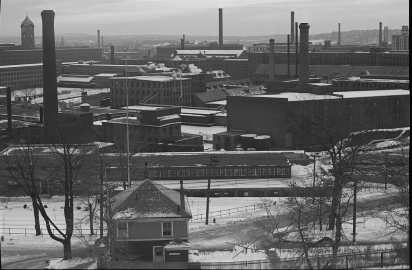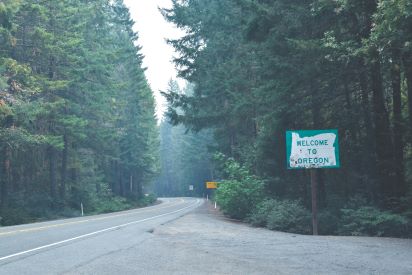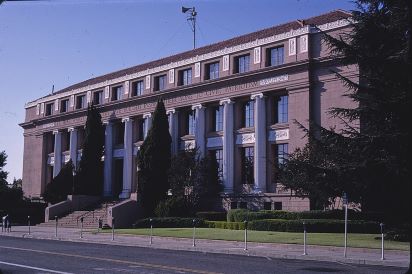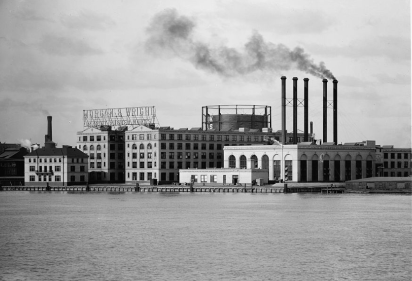
Book Review Symposium - The Fight to Save the Town
Building Radical Hope in the Immigrant City
A Conversation with Jess Andors and Dan Rivera
by Jess Andors & Dan Rivera
In The Fight to Save the Town, Michelle Wilde Anderson captures how the idea of narrative is inextricable from the intertwined problems of economic collapse, poverty, divestment, and racism. By shining a light on small victories in the places in the country where progress is not expected like Lawrence, Massachusetts, the book tells people in similar places that progress is possible.




